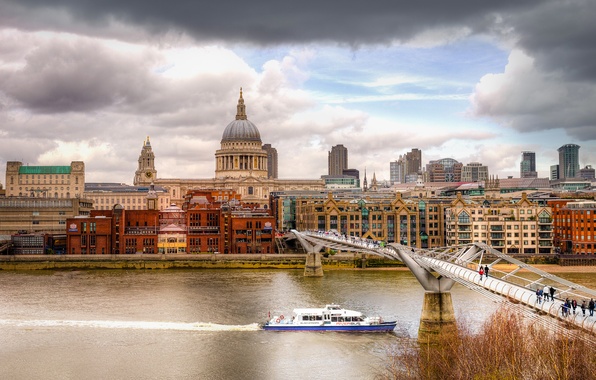The Workers Party is holding a Day Conference on 1st July to discuss how to rebuild British industry. The Conference is for Members Only and invited guests. In the run up to Conference we are publishing a number of pieces submitted for the purposes of stimulating discussion around the theme of reviving British industry, the challenges of AI and automation and the role of vocational education.
Reviving British Industry: First Stop Manufacturing Crises
In the last three years industry has been reeling from a lockdown crisis, a war crisis, and an alleged climate crisis said to justify the Net Zero response and all the burdens and restrictions which that entails.
All three crises have been manufactured. All three have been crises of choice.
The effectiveness of lockdowns can be debated but what cannot be debated is that this country had a choice. Sweden had the same choice, chose a very limited range of restrictions, and emerged with health outcomes better than ours and its economy in better shape.
Our government chose to take a sledgehammer to industry with its myriad restrictions, forcing a 25% reduction in manufacturing output in April 2020. And all those furloughs: did we think there wouldn’t be a cost in the end to paying ourselves with funny money, a major contributory cause to the inflation from which the entire economy is now reeling?
You can also debate whether Russia should be condemned for the Ukraine conflict, but what you cannot debate is the fact that thanks to Brexit we were not obliged to sanction Russia and that sanctions have backfired spectacularly. Russia has benefitted enormously from higher oil and gas prices, finding markets in Asia, while we have reaped the whirlwind.
Okay, the Covid lockdowns are now in the past and we just have to manage with the fallout (until next time, anyway). Similarly we are stuck with having to all intents and purposes declared war on an energy superpower and would find it difficult to go back, although we do have the theoretical option of ceasing to fuel the war by funnelling billions at Ukraine in escalating arms supplies.
Saying no to Net Zero, however, is very much a possibility. We may be heading giddily towards the precipice but it is not yet too late.
Precipice? Only a mostly mild winter has saved us from closing down swathes of industry for extended periods. While the Ukraine conflict exacerbated the situation the main reason is that in the name of saving the environment we had already wiped out our own energy security, decimating the coal industry, failing to develop nuclear, fracking, or North Sea fossil fuels, and placing excessive reliance on heavily subsidised, seasonally unreliable renewables.
British car manufacturing is set to be slaughtered if the eco-zealots get their way. The pall cast over the new car market by looming prohibition of new petrol engine vehicles is the least of it. Manufacturers are looking to up sticks to EU countries which are pressing the pause button.
British farming, food processing and ancillary transport services are looking anxiously at how the Netherlands is seeking deliberately to run down its agriculture industry with forced acquisitions of land for rewilding.
Despite all this industry moguls love Net Zero. Big Oil welcomes ballooning prices for its shrinking but indispensable products, while the City rubs its hands at new ‘investment’ opportunities (carbon credits, anyone?).
Ah but think of all those new green jobs! What new jobs? There are not many jobs in wind and solar when the main components are made in China. As are the ultra heavy batteries for electric cars. Yes, jobs are being created, in places like Morocco where new terminals for LNG are being sited.
And how will labour move around the country to match up with these new jobs when looming eco-restrictions on rented property are already beginning to cause a seize up in the rental market?
Do we really have a choice? Won’t we face climate Armageddon and have no industry to revive if we don’t make sacrifices now?
Take a deep breath. The answer is yes, we do have a choice. We have a choice whom to believe: the climate alarmists, funded by wealthy philanthropists , researchers who only get grants if they produce reports confirming the alarmist narrative, mainstream media which sees climate alarmism as a way to gain customers, gullible politicians jumping on what until now has seemed a popular bandwagon, and managerial elites ready to make sacrifices to the last blue collar worker? Or do we trust the many eminent scientists who have cast doubt over the basic premises of the alarmist narrative? Who point out that global warming actually ran out of steam 25 years ago. *
Even if the alarmists were correct in their assumptions, what is the point of crucifying ourselves, destroying our own industries, when there is absolutely no chance countries like China and India will follow us, but on the contrary will gladly take up the slack?
Saying no to Net Zero is a realistic and cost-free prospect to save British industry. President Macron is talking about having a ‘pause’ in France. Germany is terrified of losing its car industry and is applying the brakes. But in Britain we plough on regardless, the main parties locked into a mad death spiral. Net Zero has become the new EU for the establishment. There is a huge political void where saying No to Net Zero can become the next Brexit. Let’s go for it.







